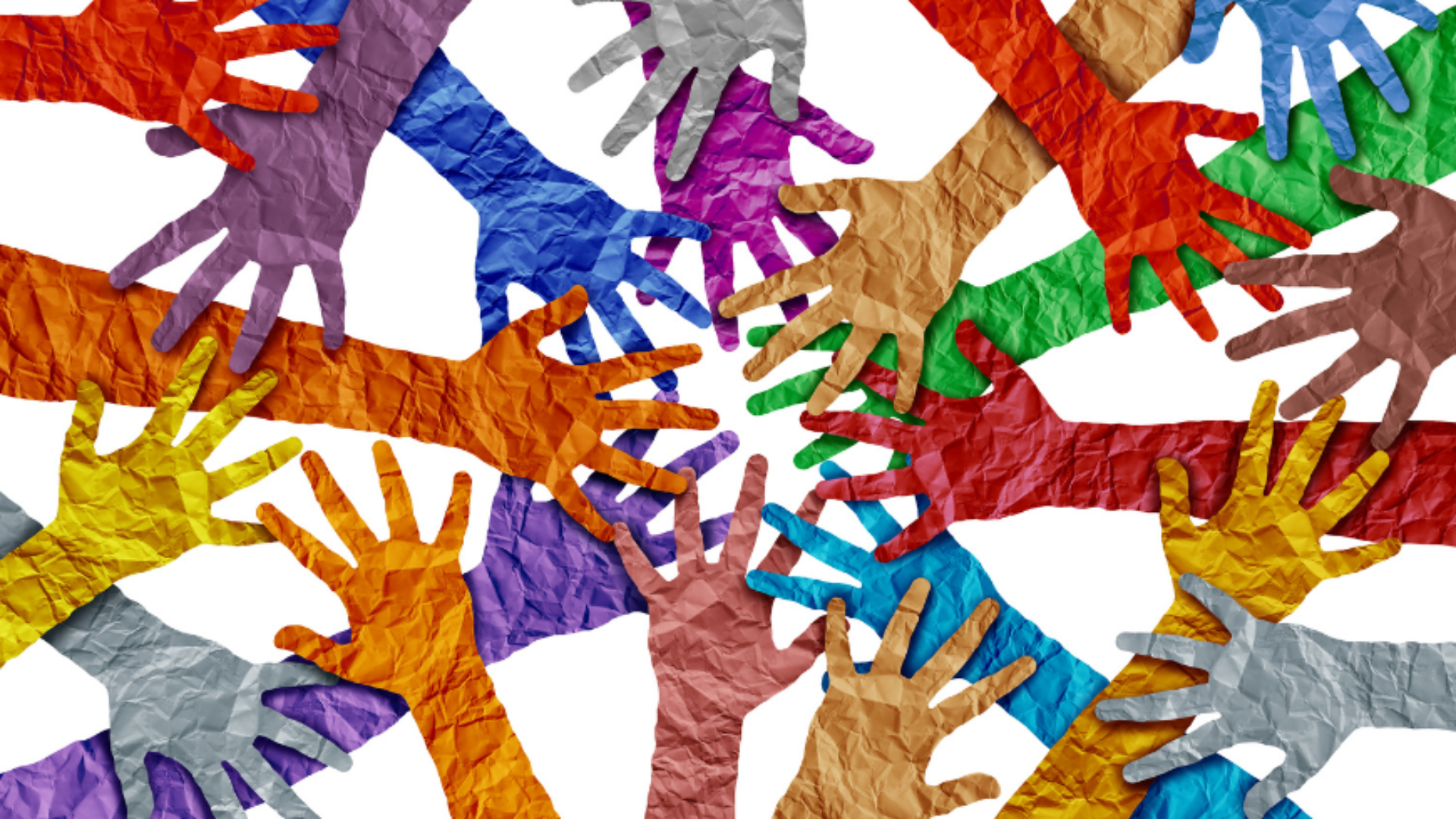CINGO’s Committee for Interreligious & Inter-convictional Dialogue is organising a webinar with simultaneous interpretation on 27 October 2025
📅 Monday, October 27th, 2025 | 🕕 18:00 – 19:30 (CET) 💬 Simultaneous translation EN/FR – On Zoom (link sent after registration)
Across the globe, democracy is faltering: radicalisation of public debate, rise of populism, dictatorial tendencies, erosion of social cohesion, declining trust in institutions, widening of inequalities... In this anxiety-provoking context, religious and convictional diversity is too often portrayed as a source of division. But what if, on the contrary, it would be part of the solution?
For centuries, spiritual and philosophical traditions have been a reservoir of values, wisdom, and ethical guidance. To ignore or marginalise them means losing vital resources to strengthen social cohesion and democratic principles, reviving the culture of debate and preserving peaceful coexistence.
This webinar will explore how interfaith and inter-convictional dialogue, true wealth, can help strengthen the resilience of democracies, revitalise the social fabric and counter tendencies towards exclusion and identity-based withdrawal.
Speakers:
Introduction: Gabriela Frey, (European Buddhist Union) Chair of Committee
Moderator: Dr.Thea Mohr, European Buddhist Union, trainer of intercultural communication.
Carla Amina Baghajati:Member of the board of directors of EULEMA (European Muslim Leaders' Majlis), she is involved in the MJLC (Muslim Jewish Leadership Council) and holds the position of director of the school supervisory authority for Islamic religious education in Austria. Author of numerous publications, she is committed to bridging gaps of misunderstanding in the public sphere
Lena Zoller: Executive Director of the Global Ethics Foundation (Weltethos). She is a researcher in peace and conflict studies (M.A.) and an expert in the fields of intercultural and interreligious dialogue, sustainable development and international cooperation. The Global Ethics Foundation offers training to local authorities on how to deal with religious policy issues with sensitivity and competence.
Prof. Dr. Tamás Kodácsy: Associate Professor of Systematic Theology at the Reformed Theological University in Sárospatak, Hungary, and pastor. He specialises in social ethics, particularly in the areas of economic and ecological justice, as well as in the relationship between the Church and democracy in Central Europe. He is also, among other things, a member of the board of directors of the Protestant Churches in Europe.
Roland Minnerath: Worked in the diplomatic services of the Holy See in Brazil, Germany and Rome, before becoming a professor at the Faculty of Catholic Theology at the University of Strasbourg, where he taught, among other things, relations between the Church and the State. Former Archbishop of Dijon, he is a member of the Pontifical Academy of Social Sciences and the International Commission for Catholic-Orthodox Theological Dialogue. He is the author of publications on relations between the Church and States.
represent Buddhists on an European level
